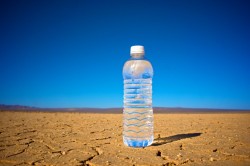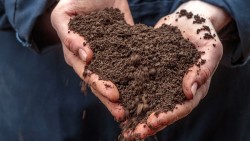Environment
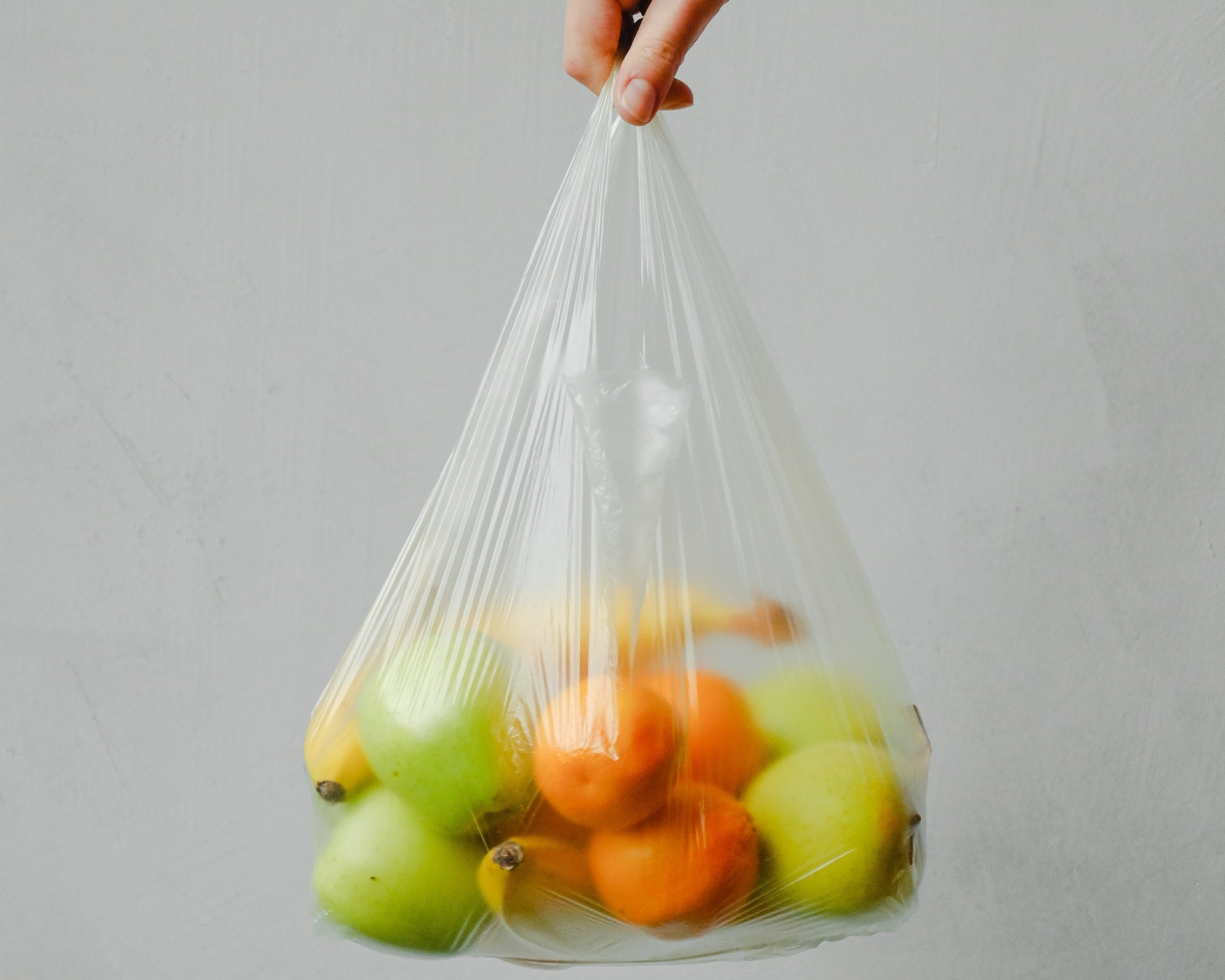
Spoiler alert! Plastic bags are far more eco-friendly than the paper or textile bags that you are trying to opt for.
Which bag do you carry when shopping, if you carry any?
Plastic, paper or cloth bag?
A lot of ideas float in your mind before you visit a grocery store. If you are one of the environmentally-conscious people, you might carry one of those textile bags considering them to be the best for the environment.
Why?
You might think seeing the thin poly bags littered everywhere on the road, on the internet and news that textile or simply paper bags are the wise decision and environmentally friendly way.
The plastic bag has made an evil character for itself as a cause of environmental destruction, polluting everything from cities to rivers and even oceans.
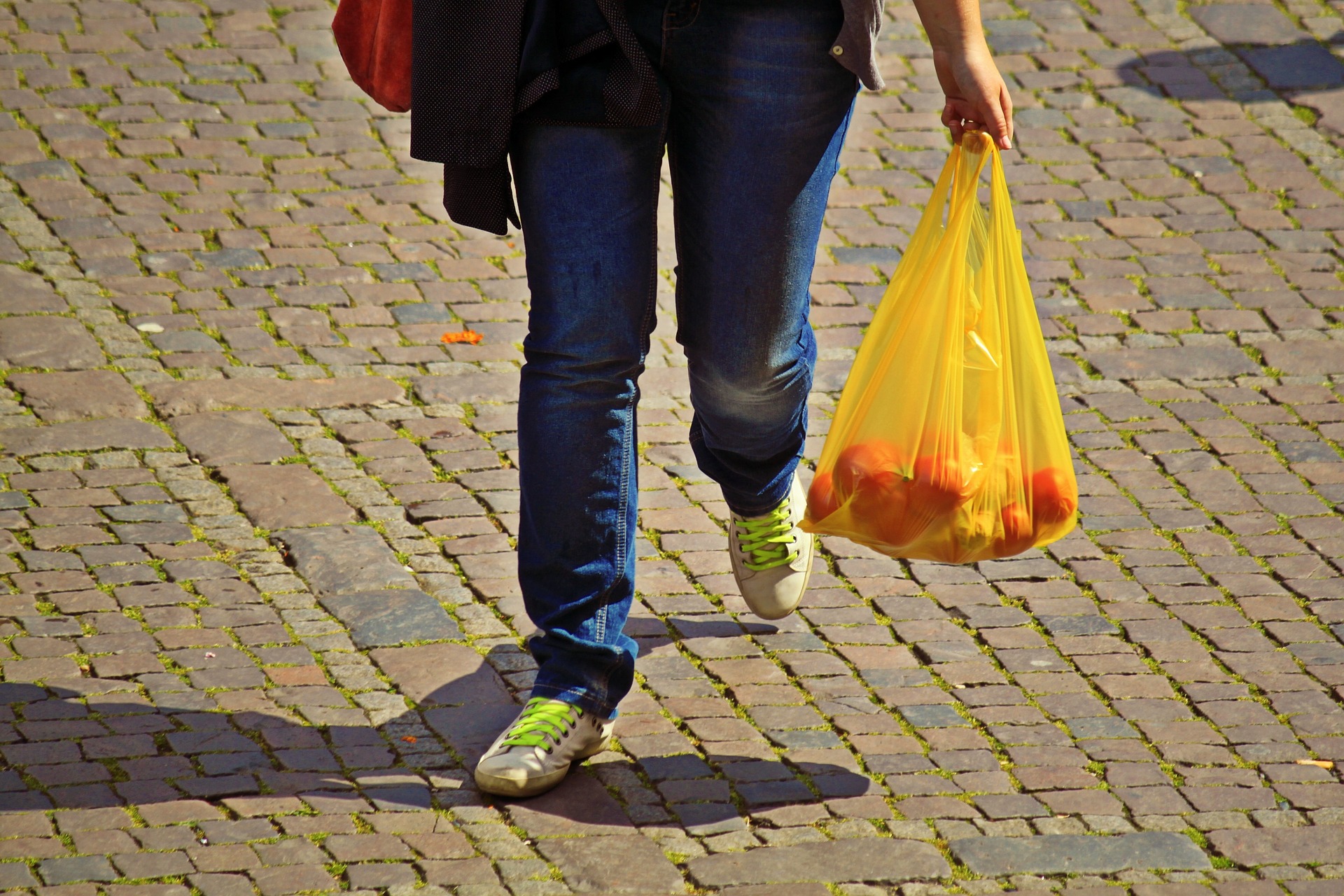
But to your surprise, researchers now suggest plastic bags are the most eco-friendly bags to carry groceries.
Sounds counter-intuitive but it is backed by science and research.
The son of Swedish engineer Sten Gustaf Thulin who invented plastic bags in 1959 said in a 2019 interview with The Independent that his dad created plastic bags “to save the planet”.
He added that his dad always carried a plastic bag in his pocket and reused it to its fullest, and to dad, the idea that people would “simply throw these away would be bizarre”.
To put this perversely counter-intuitive information in the rigid mind, we need to recall our rigid beliefs first.
Thinking first
Paper bags
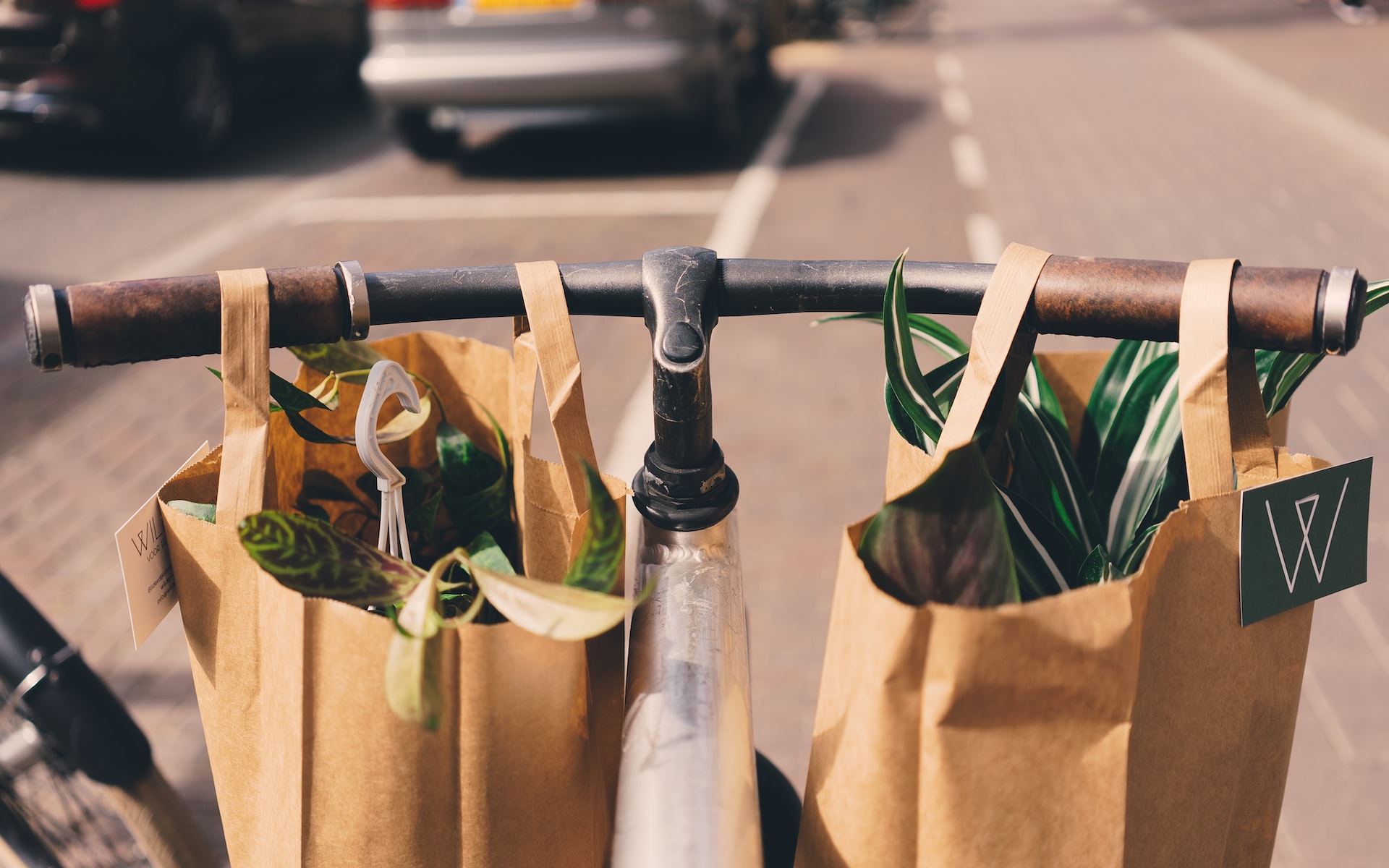
We regard paper bags to be good for the environment because they simply biodegrade in days and are easily recyclable. Put side by side, with seemingly indestructible plastic that can live for 500 years, paper bags will certainly be a sustainable choice.
But do you count what goes into making paper? How much of these resources, what chemicals...
Papers are produced from pulp made from trees. Because the fibres of the new paper are longer and stronger, bags are rarely made from recycled paper. This means to produce paper bags, new trees must be chopped down in most cases and the production of a paper bag requires a lot of water – about four times as much water as a plastic bag as mentioned in the Stanford Magazine of September 2017.
Not to mention the use of chemical fertilizers and pesticides in the tree farms that have shown to increase eutrophication (simply algal blooms) due to an increase in nutrients in the water.
In fact, plastic bags as we see them today were supposed to reduce paper bag use, to save the trees.
Yes, these bags can be recycled but as mentioned earlier, shorter fibres mean, bags made with recycled paper will not be as strong and can only be recycled barely once or twice.
And, good luck reusing them as bags; as these are weaker compared to plastic and textile counterparts, paper bags easily tear finding their way into bins and landfills.
What is with the textile bags then?
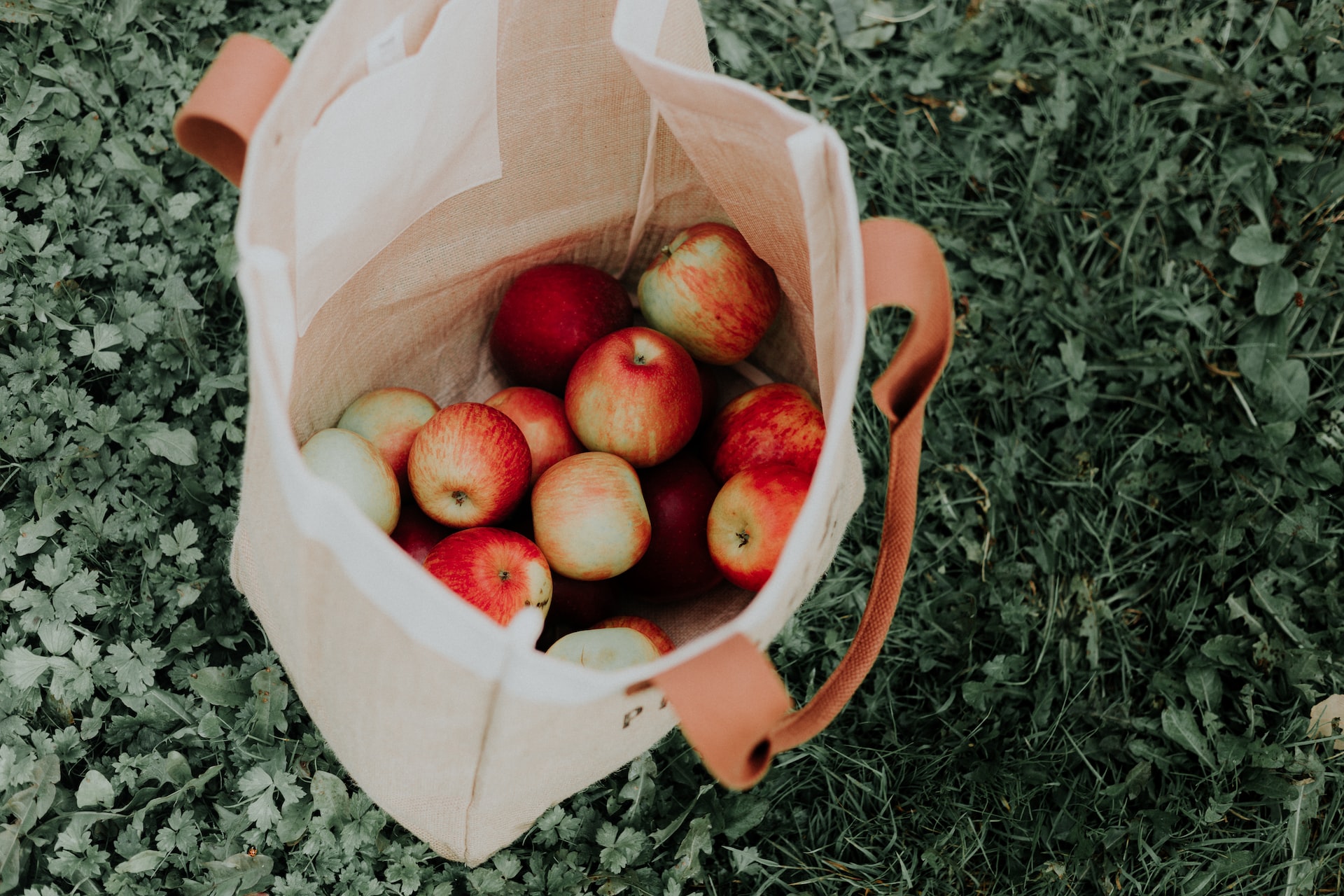
Cotton bags can take about five months to biodegrade, this might be the reason you are trying to opt for cotton bags. But this is not the case for polypropylene bags.
Textile bags including cotton totes and polypropylene bags that you get in shopping marts are strong in their build as well as a strong contender to paper and polybags in terms of reusability.
So, questions arise again, what materials, how much and what is their environmental footprint?
According to The Circular Laboratory (a platform dealing with the topics of the circular economy and sustainability), it takes between 10,000 and 20,000 litres of water to produce one kilogram of cotton which is about 7,600 litres for a single pair of jeans.
Cotton is an insecticide-heavy crop; according to SaveMoneyCutCarbon (a website focusing on sustainable business model), cotton is grown on 2.5 percent of the world’s agricultural land but consumes 16 percent of all the insecticide and 7 percent of all the herbicide used worldwide. Not to mention the energy used.
The case is similar for the high-density polypropylene bags, not as dire as these cotton bags but the environmental impact is far higher than polybags.
The environmental impact comparison
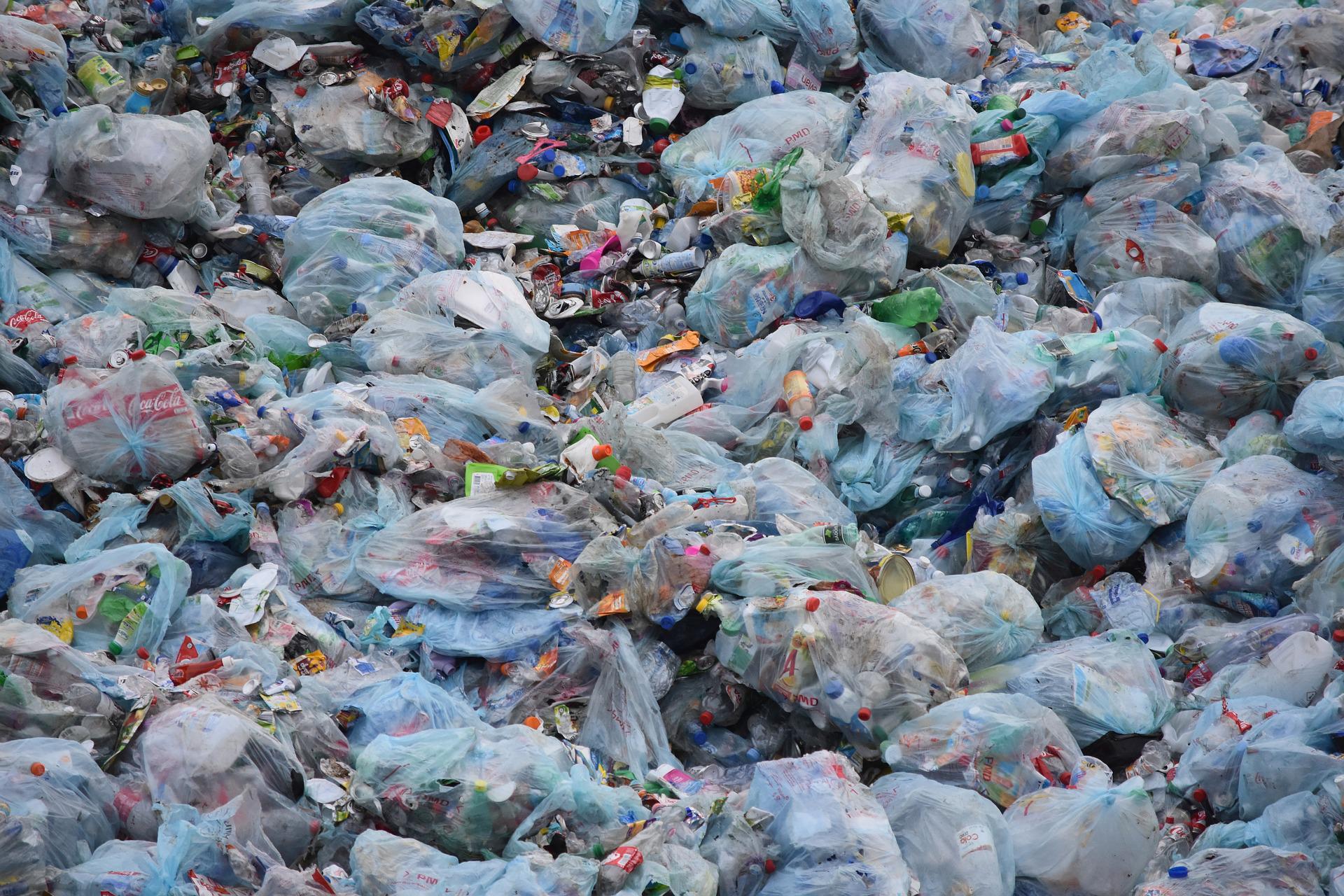
The fog of environmental impact may be now clearing out but do not worry, it does not mean, you now need to bring a wheelbarrow to the mart. To be honest, the wheelbarrow has more environmental impact than cotton bags, because metal.
According to a 2018 study by the Danish Environmental Protection Agency (EPA), paper bags should be reused 43 times to “provide the same environmental performance” as the low-density plastic (LDPE) bags that include bags above 40-60 microns.
The comparison meter breaks when organic cotton bags are compared. A cotton bag needs to be reused a whopping 20,000 times to “provide the same environmental performance” as an LDPE bag.
An inorganic bag is also not as healthy for the environment, it needs to be used 7,200 times to make the environmental impact equal to a polybag.
If you go to the grocery daily, taking a cotton bag, you need to reuse the same bag for 55 years to recoup the environmental impact.
This very high number of reuse times for cotton bags is due to the “ozone depletion impact”.
This simply means, it is bad news for the environment and the number of reuse times can far surpass the lifetime of the bag itself.
Similarly, a polyester bag and polypropylene bag that we get in shopping marts need to be used north of 35 to 60 times before equalising with an LDPE bag.
The study also highlights two facts.
One of which is that polybags can be used as bin liners at their end-of-life (EOL) which is not the case for water permeable bags like paper and textile.
Plastic never stops working.
The other fact is that even if they reach the landfill, these thin poly bags take up very little space compared to textile and paper bags, but these polybags can be recycled.
The Danish study is not the only one, similar studies were carried out by the UK’s Environment Agency and Canada’s Environmental Agency. The scores are different but the fact holds that polybags are better than others and can be used in a sustainable way.
The takeaway
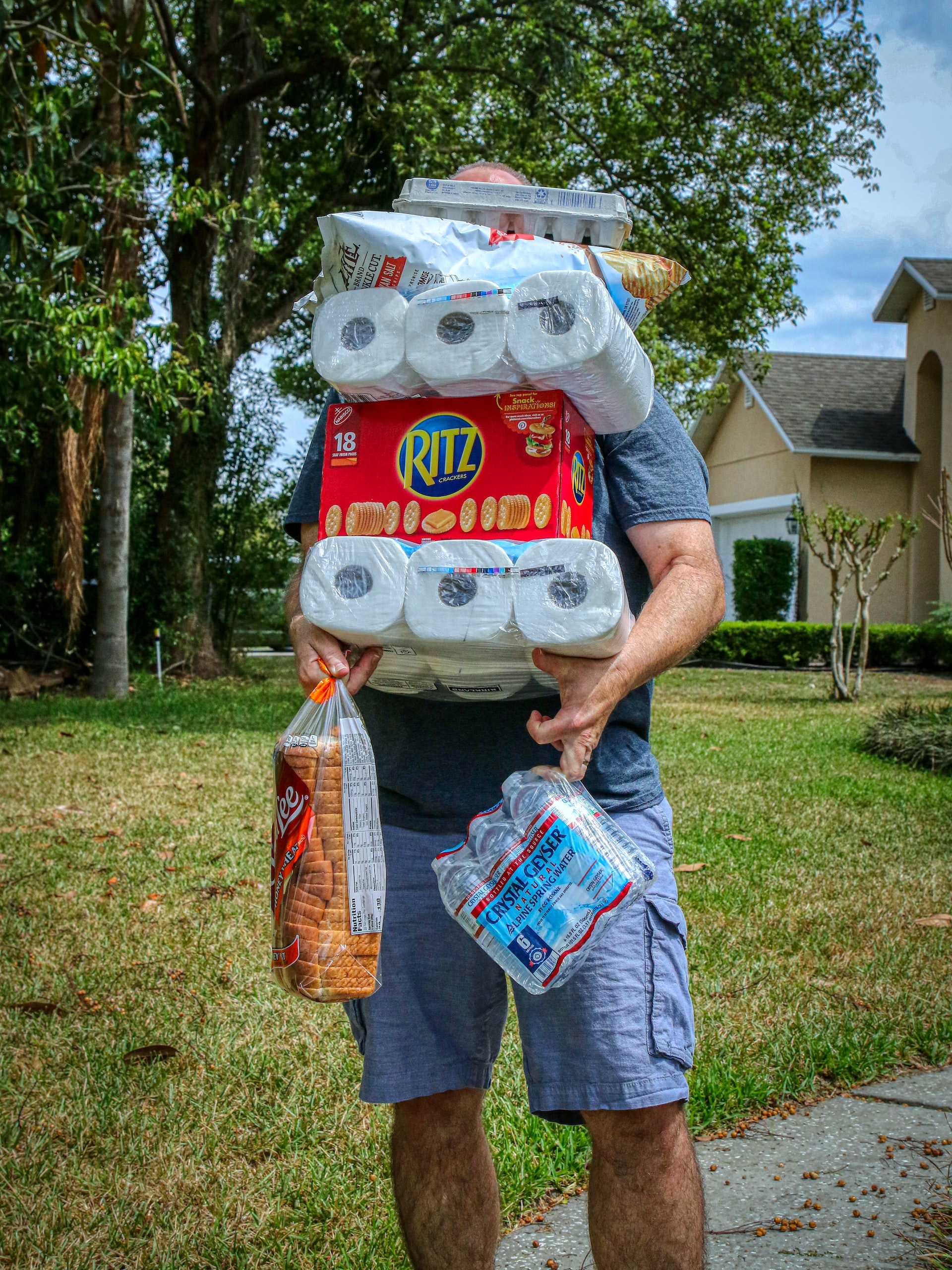
Do not feel like you now have the curse of knowledge.
What to do, if none of them is good?
The simple solution is to not use any if not reuse whatever you have as much as you can. Simply do the math, instead of reusing a polyester bag 35 times to equalize the environmental impact, why not use the polybag you have 35 times or if possible more?
The plastic crisis we are facing today is not because of plastic bags but because of not reusing plastic bags. This created massive use of polybags worldwide – five trillion bags a year according to Oceanwatch Australia which is 160,000 bags per second. But, just one percent of that is being recycled.
This is not to support plastic bags but to encourage reusing as much as possible.
What this article has not covered is this: textile bags can be made from old clothes/sacks and paper bags can be made from old newspapers as well. This reusing can be more eco-friendly than directly tossing them into bins.
So, do not make polybags a single-use thing, neither did the inventor.

